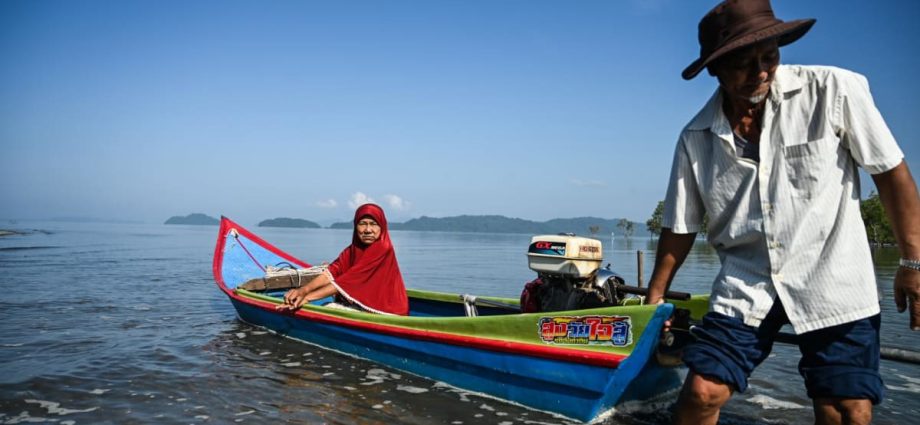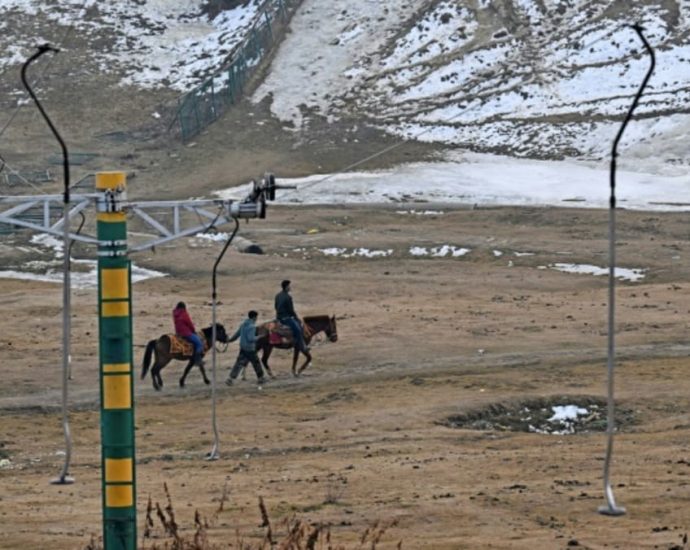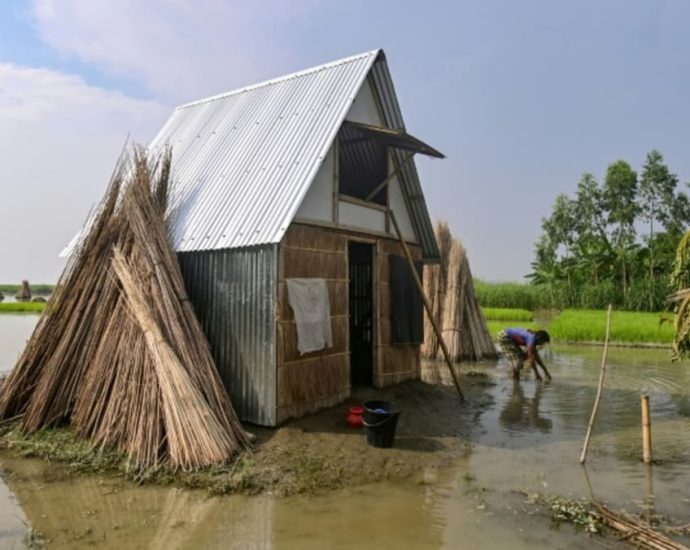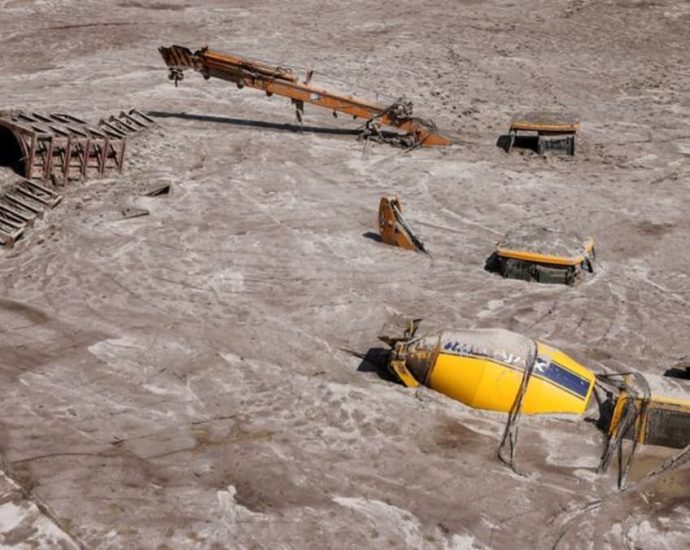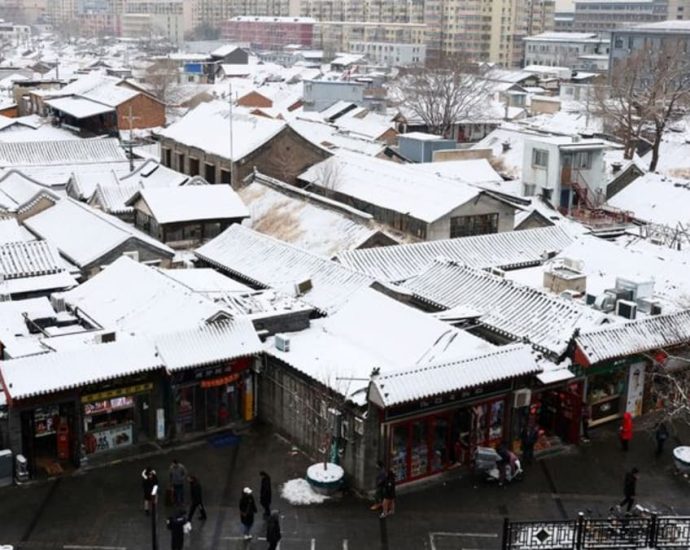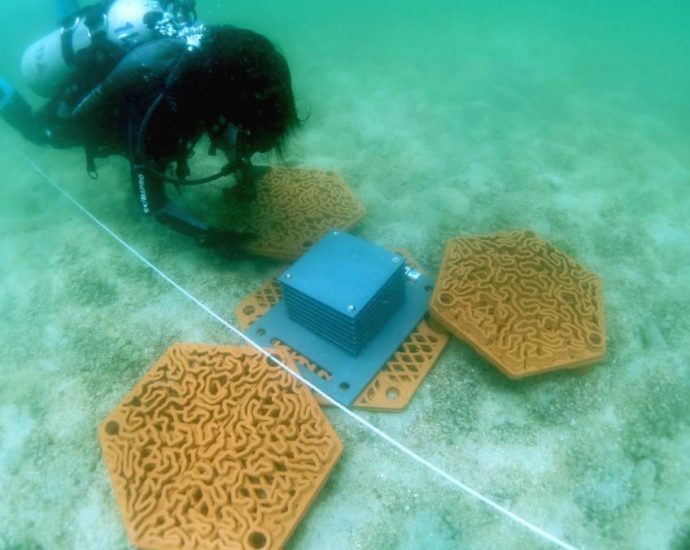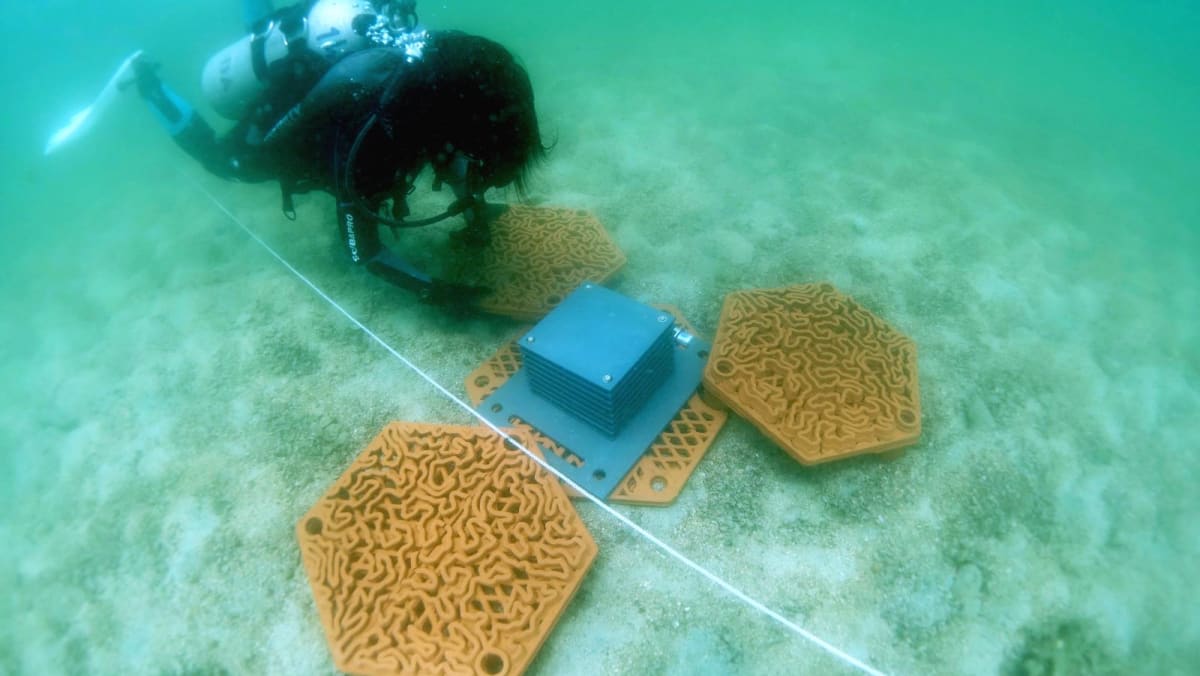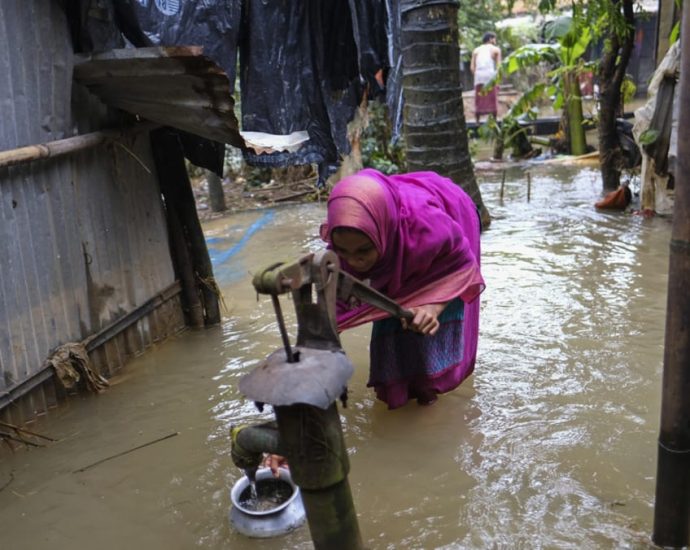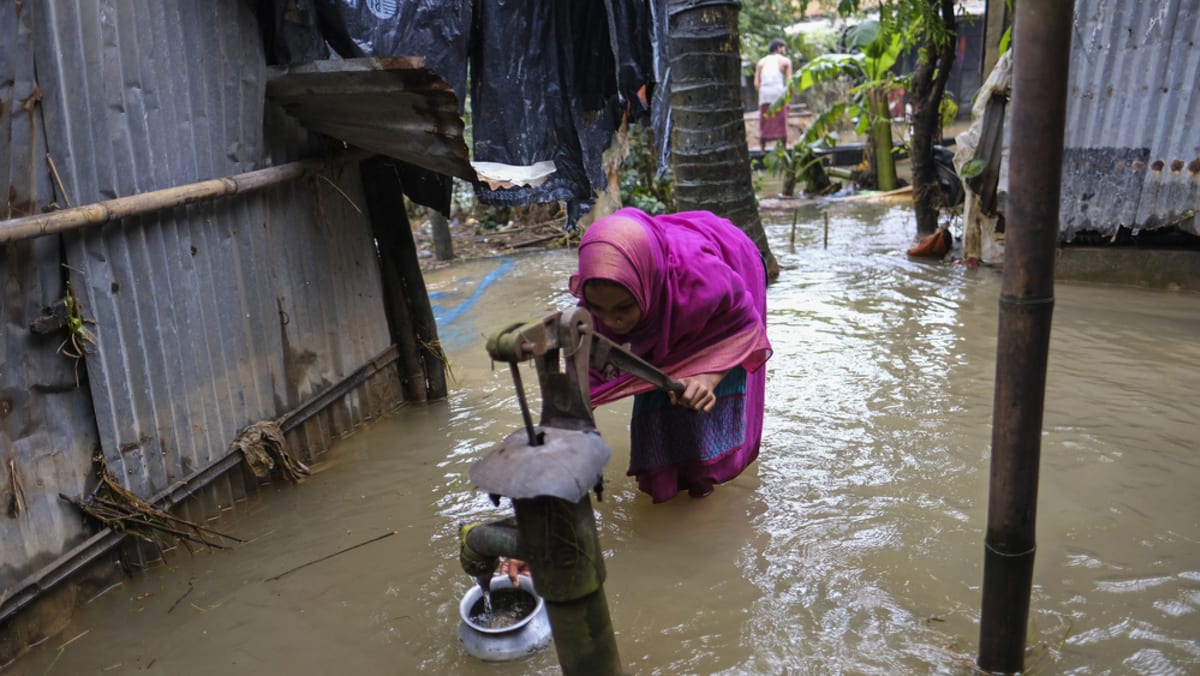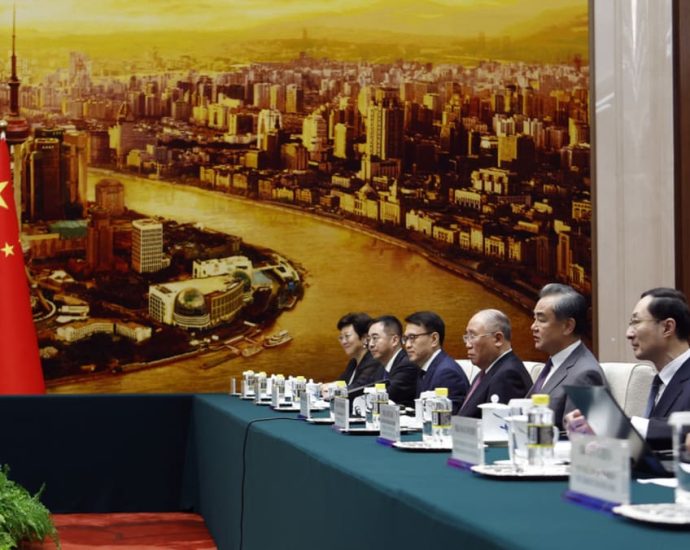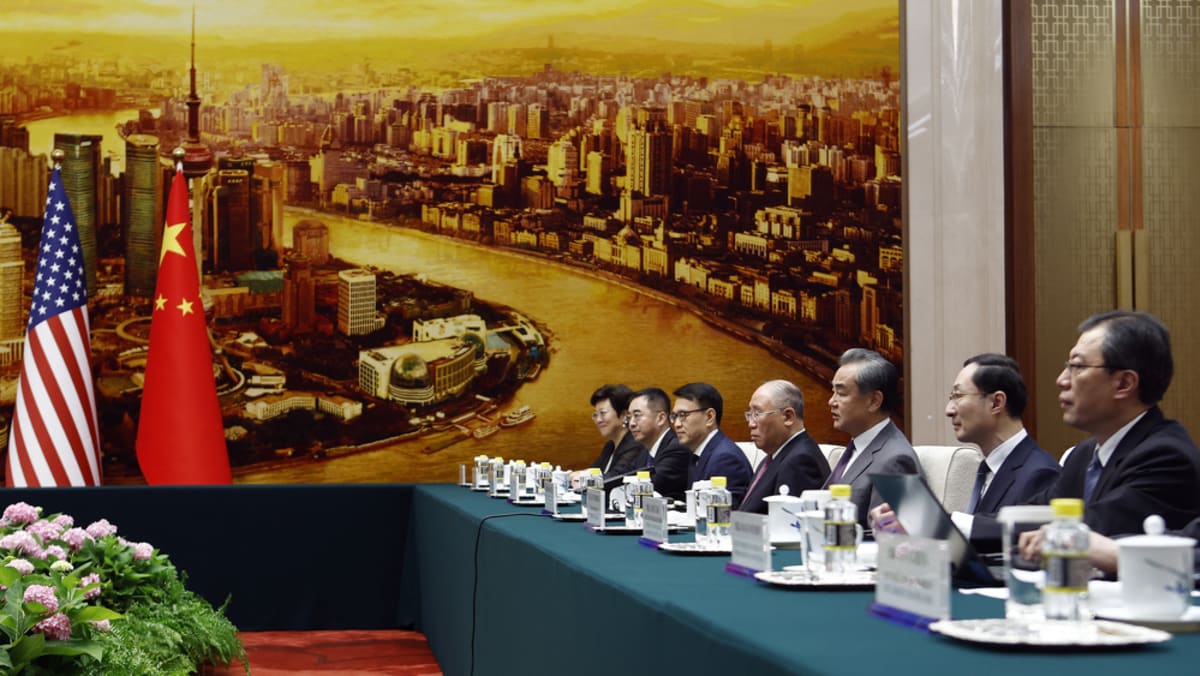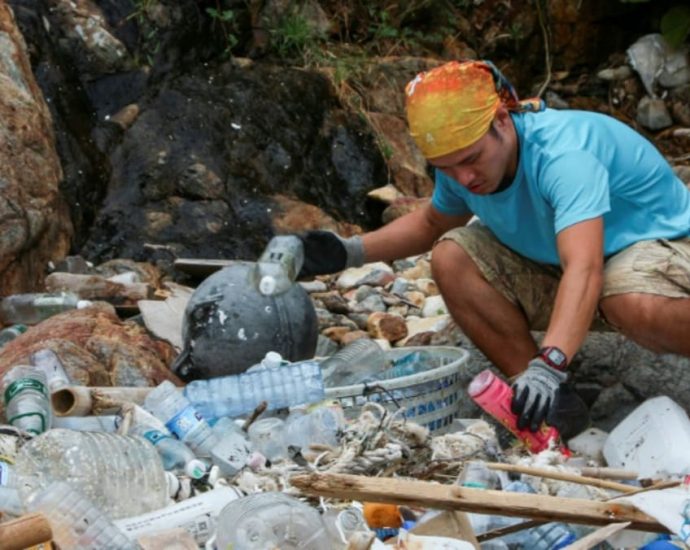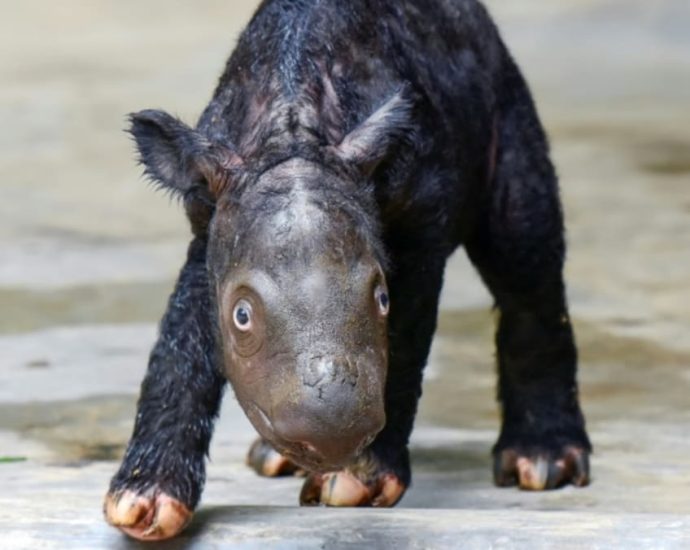A land bridge too far? Thailand’s revived Kra megaproject a divisive issue among local residents
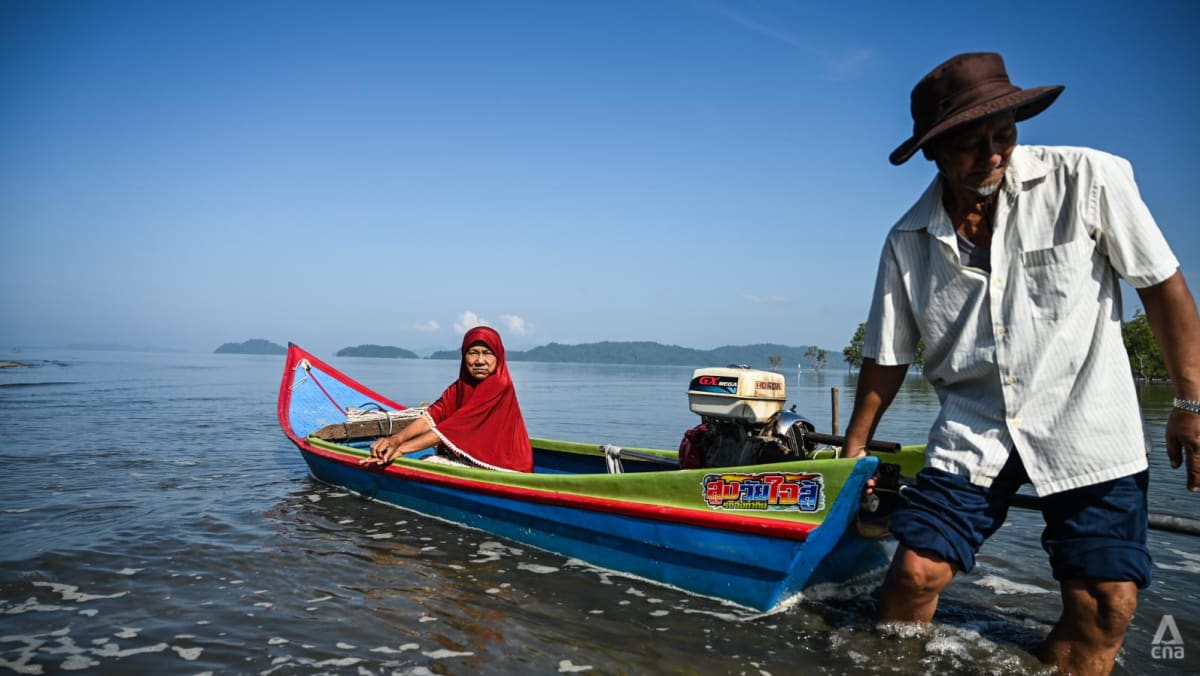
Murmurings about rampant land speculation, buying large areas cheaply with the aim to sell at a profit later when value rises, are loud in the community. Many are adamant that political figures are behind the push to purchase land around the project.
In this mostly ageing community of lifelong farmers, the prospect of selling up and moving remains a hard sell.
Further east, the terrain flattens and falls away to the straw sands of the Thai Gulf, the finish line of the land bridge, where shipping containers would be processed onto waiting ships bound for China or Japan.
For now, small resorts, seafood restaurants and aquaculture farms line the coast at Lang Suan in Chumphon.
Development has been lethargic here and life moves accordingly for those who call it home.
Little reliable information has been disseminated to the community here. The same whispers about aggressive land buying persist. But in the eyes of some, with progress comes sparks of opportunity.
Mr Perawat Thiparat, a local restaurant owner, says he thinks increased economic activity will naturally draw more people to the area, and to his family’s resort.
“When I heard about the project, I thought it might be good for the economy and there would be development, but I don’t know what impacts it will make,” he said, while fishing off a pier at sunset.
On the very same pier, Sureephon Sophonmanee thinks she might be the sole opposing voice in the area. The 57-year-old still plies the seas in a small fishing boat to make a living.

